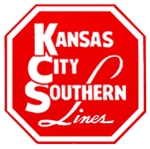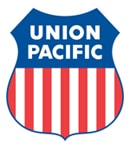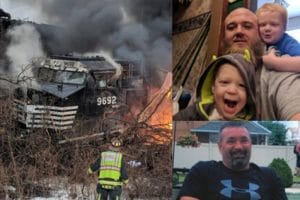The federal Surface Transportation Board issued the following statement on Friday, May 6:
The Surface Transportation Board today announced that it will require certain railroads to submit service recovery plans as well as provide additional data and regular progress reports on rail service, operations, and employment. These measures are meant to inform the Board’s assessment of further actions that may be warranted to address the acute service issues facing the rail industry and to promote industry-wide transparency, accountability, and improvements in rail service.
This decision follows extensive testimony on severe rail service issues reported by a wide range of witnesses — including agricultural, energy, and other shippers, as well as government officials, rail labor, and rail experts — during the Board’s April 26 and 27, 2022 public hearing in Urgent Issues in Freight Rail Service. The Board has also continued to review and monitor weekly rail service performance data, which indicate trends in deteriorating service. The decision focuses on the adequacy of recovery efforts involving BNSF Railway Company (BNSF), CSX Transportation (CSX), Norfolk Southern Railway Company (NS), and Union Pacific Railroad Company (UP), and it requires more comprehensive and customer-centric reporting of all Class I railroads’ service metrics.
“Our freight rail service hearing highlighted the grave concerns of shippers and others regarding freight rail service,” said Chairman Martin J. Oberman. “While the railroads have faced certain challenges over the last few years, the evidence produced at last week’s hearing is overwhelming that the railroads’ longstanding practice of reducing operating ratios by cutting employment levels, mothballing locomotives, and eliminating other essential resources are the central reasons why farmers have been hours away from depopulating herds, manufacturing facilities have reduced operating hours, and shippers cannot get their products to market on time or receive essential raw materials for their companies. These failures are harming the nation’s economy and, in my view, are contributing to the inflationary forces affecting food and fuel in particular.”
“Requiring additional reporting from railroads may not be the final result of our hearing on service issues. Today’s decision is an immediate step the Board can take to enable needed monitoring of the improved efforts the railroads have been promising for months, and to determine if additional regulatory steps are necessary to promote reliable service.”
Today’s decision requires all Class I carriers to submit several specific reports on rail service, performance, and employment. In addition, BNSF, CSX, NS, and UP are required to submit service recovery plans, progress reports, historical data, and participate in bi-weekly conference calls with Board staff.
A recording of the Board’s April 26 and 27, 2022 hearing in Urgent Issues in Freight Rail Service, may be viewed on the Board’s YouTube page. Today’s decision in Urgent Issues in Freight Rail Service—Railroad Reporting, Docket No. EP 770 (Sub-No. 1), may be viewed and downloaded here.





